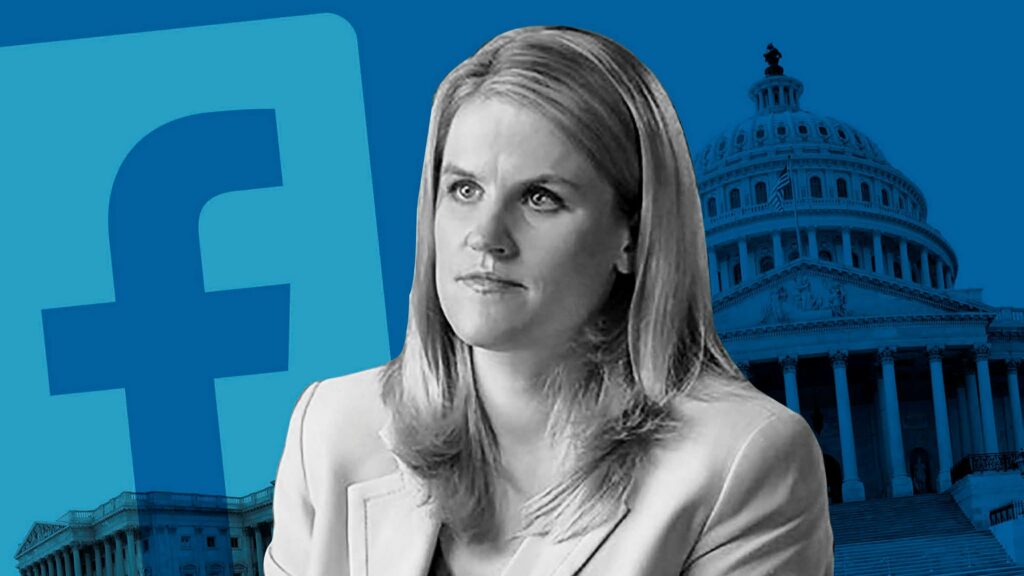Facebook/whistleblower: a tough case for the SEC to stand up


Facebook is in hot water once again. A whistleblower has accused the social media giant of placing profit above controls on hate speech and misinformation. The company describes the allegations as “misleading”. They deliver another blow to Facebook’s reputation. This has taken repeated hits since the Cambridge Analytica scandal three years ago.
The row has already spilled over into regulatory issues. Former Facebook product manager Frances Haugen and her lawyers have filed at least eight complaints with the US Securities and Exchange Commission. These accuse Facebook of misleading investors with public disclosures that did not match internal action against misinformation.
It is unclear whether the complaints are based on financial filings or public statements. It can be difficult to stand up a case based on pronouncements that lack the status of official disclosures. The SEC would need to prove there were material misstatements and omissions that affected investors adversely. But there have been precedents.
SeaWorld, for example, was accused of misleading investors about damage caused by the critical documentary Blackfish. The theme park operator ultimately agreed to pay $5m to settle the charges.
In the wake of the Cambridge Analytica leaks, Facebook had to pay $100m to settle SEC allegations that it made misleading disclosures about the risks of user data misuse. That was on top of $5bn it paid in a separate settlement with the Federal Trade Commission.
Neither controversy slowed Facebook’s rise. The company has continued to pull in advertising money hand over fist. Analysts expect net income to grow by a third this year to over $40bn. The share price dropped 5 per cent on Monday but remains 81 per cent up over the past two years for a market value of nearly $1tn.
Critics may argue that the latest attack on Facebook shows that the business is struggling to balance social responsibility with competitive threats from the likes of TikTok. But Facebook has repeatedly proved that scandals do little to deter users and advertisers. This time is unlikely to be any different.
Our popular newsletter for premium subscribers is published twice weekly. On Wednesday we analyse a hot topic from a world financial centre. On Friday we dissect the week’s big themes. Please sign up here.